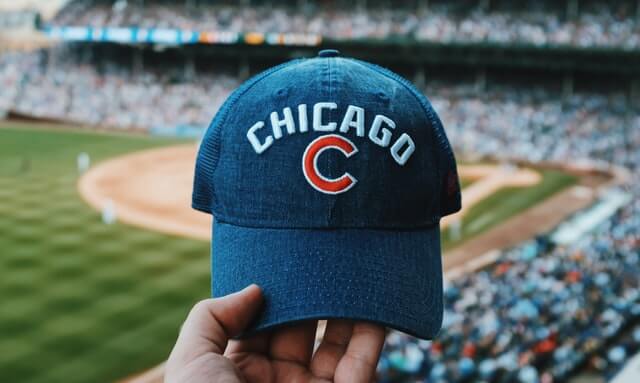
One of the newest phenomena in legal sports betting is actual retail sportsbooks in professional sports venues. This gives sports fans attending the games the ultimate sports betting experience.
When Arizona sportsbooks were going through the process of legalizing sports betting, a key provision of that legislation created licenses for professional sports venues. This included in-state arenas and stadiums as well as golf courses and racetracks hosting major sporting events.
Illinois Sports Betting at Sports Facilities
Illinois sportsbooks belong to the biggest markets for legal sports betting in the US. This state’s gaming laws also allow retail sportsbooks in professional sports venues. However, the city of Chicago put its own laws in place to keep them out of its pro sports facilities.
This is one of the reasons why the NFL Chicago Bears have considered moving to Arlington, outside of the city limits. The team has already bought the necessary land if it decides to make a move.
- Find more out about a PointsBet promo code.
FAQ
The Betting Odds Calculator is a tool designed to help bettors determine potential winnings for their bets. It simplifies the calculation of odds and payouts based on the amount wagered and the odds provided by the sportsbook.
The Betting Calculator is crucial for simplifying complex calculations, providing quick and accurate results for odds and potential winnings.
For (-) American odds, representing favorites, the formula is (Stake / Odds) * 100.
Changes Coming to Chicago
In more recent developments over this issue, an ordinance to change the city’s current stance was initiated. This would open the door to legal sports betting in Chicago’s five existing pro sports facilities.
That ordinance was passed out of committee by an overwhelming majority. The next step was a vote by the entire city council to lift the current ban.
The Joint Committee for Zoning, Landmarks, and Building Standards and License and Consumer Protection held the recent vote. The measure was approved by a 19-to-7 margin. Chairwoman Emma Mitts confirmed that the matter would go to the full Chicago City Council at an upcoming council meeting.
As a result of the positive outcome, five of the city’s sports venues were approved for legal sports betting.
As part of the ordinance to eliminate the current ban, a 2% tax would be imposed on all sportsbook revenue. This would cover the venue itself as well as a five-block radius around each of the facilities.
Sports Betting vs. Casino Gambling
One of the biggest issues plaguing retail sportsbooks in Chicago sports venues is proposed casino gambling. There is a major concern among some aldermen that legal sports betting would cannibalize gaming revenue at a proposed casino in the city.
There are some powerful influencers on both sides of the issue. Coming out in favor of the new ordinance, Chicago Bulls and White Sox owner Jerry Reinsdorf is a strong proponent.
He is joined in that support by Tom Ricketts as the owner of the Chicago Cubs and Blackhawks’ owner Rocky Wirtz.
The primary opposition to the ordinance is Rush Street co-founder Neil Bluhm. His company is behind two of the five proposals submitted for a downtown casino project. The same company also has an equity partnership with Rivers Casino in Des Plaines.
Interestingly enough, Bluhm also has a minority stake in both the Bulls and White Sox pro franchises.
Illinois Gaming Expansion
Everything dates back to a major gaming expansion bill that was signed into law by Governor JB Pritzker in June of 2019. This paved the way for legal sports betting in the state.
This also gave certain professional sports venues the ability to offer retail sports betting. Included on the original list were Soldier Field, Wrigley Field, Guaranteed Rate Field and the United Center. All four are located within Chicago city limits.


